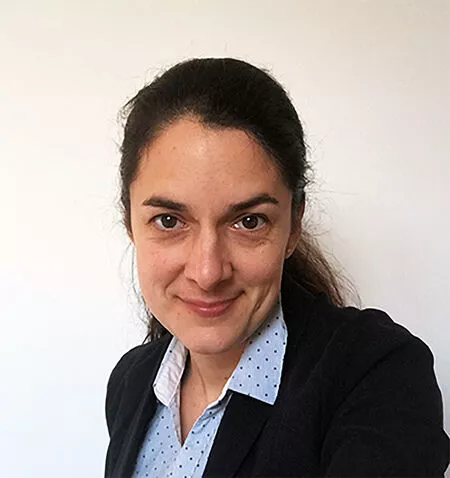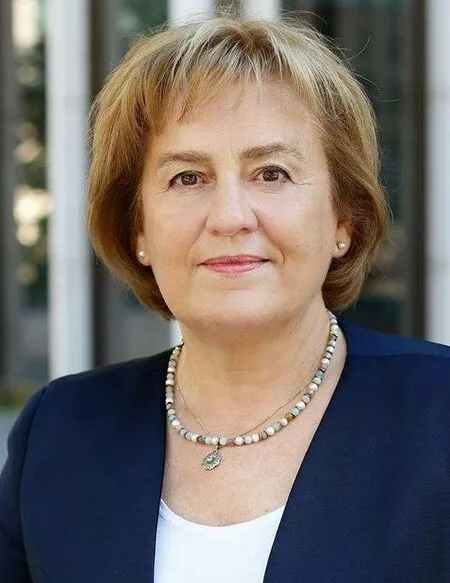This year, the conference of the European Association of Archaeologists (EAA), which has several thousand members, took place online on 24-30 August 2020 due to the global coronavirus pandemic. The event was originally scheduled to be held in Budapest. During the conference, which is one of the most important events in European archeology, the staff of the ELKH BTK Institute of Archeology presented a broad spectrum of bioarchaeological, archaeometric, environmental archeology and landscape history research, dealing with events from prehistory to the Middle Ages and the early modern period.
ELTE, the Hungarian National Museum and Várkapitányság Nonprofit Zrt. were originally responsible for organizing the Annual Meeting with the support of Hungarian experts from a number of different fields. The live conference, however, was postponed due to the coronavirus pandemic, and is now scheduled to take place in 2022.
The scientific program for the virtual conference, though somewhat reduced in comparison to the original plan, still included a total of 1,800 online presentations and posts in more than 150 sessions. The events were followed by more than 2,000 participants via online platforms. The organizers succeeded in creating an unusual yet fascinating and extremely valuable conference, packed full with superb talks and sessions.

In addition to employees from numerous other Hungarian institutions, researchers from the BTK Institute of Archeology presented their findings in several presentations and posts. As one of the conference's keynote speakers, Anna Szécsényi-Nagy gave a talk with the title "Prehistory of the Carpathian Basin from the perspective of archaeogenetics".
In addition to the presentations, the staff of the Archaeogenetic Laboratory, Momentum Mobility Research Group and various thematic-based groups also participated in the organisation of different sessions. However, many people were unable to hold their originally planned sessions online. These sessions will now be held in Budapest in 2022.
At the conference, the new president of the association and other officials were chosen. The term of the serving president, Felipe Criado-Boado, had come to an end, and by a majority vote Eszter Bánffy, director of the DAI RGK (German Archaeological Institute), was elected by the members to be the next president of the EAA, the first Hungarian woman to hold the position.

Eszter Bánffy is the scientific advisor for the ELKH BTK Institute of Archeology, a professor of the Hungarian Academy of Sciences, the director of the German Archeological Institute research center in Frankfurt, and a member of the British Academy. Her research interests include Neolithic and Copper Age archeology, the transition to food production, theoretical archeology, and the archaeological heritage of early religions. She has taken part in and led excavations in Western Transdanubia, and has also led research programs along the Danube.
She has written ten books and edited a further three. She also has more than 100 published scientific articles and chapters to her name, which have been published in Europe, the United States, Russia and Japan. She has held countless talks and courses at various universities in Hungary, Europe and the United States, including Harvard, where she spent one semester as a guest researcher in 2008.
In addition to the European Archaeological Association, she is a member of the European Academy of Sciences and Arts, the Hungarian Society of Archeology and Art History, and a founding member of the Association of Hungarian Archaeologists. Her work has also been recognized with a Révay Award and a Kuzsinszky Bálint Commemorative Medal.